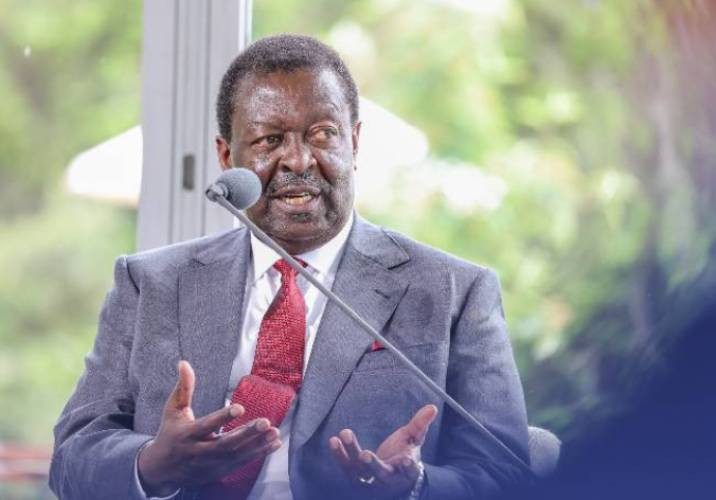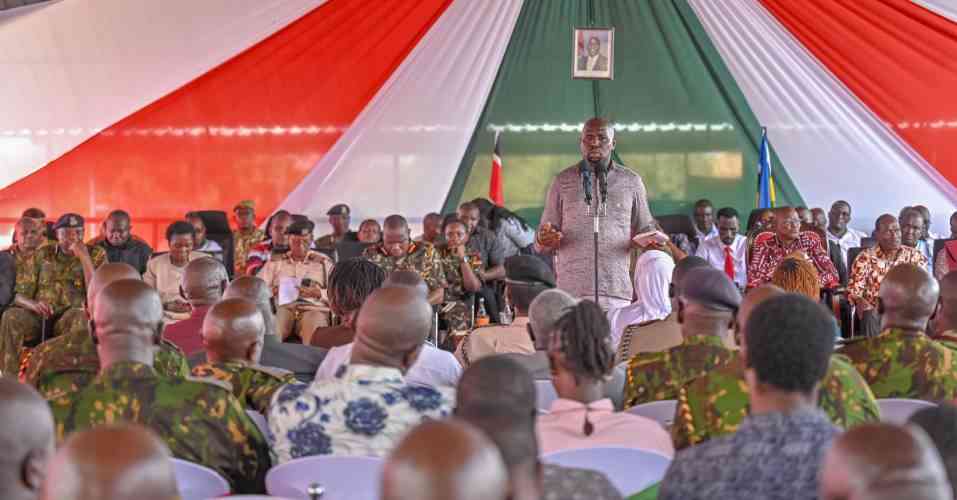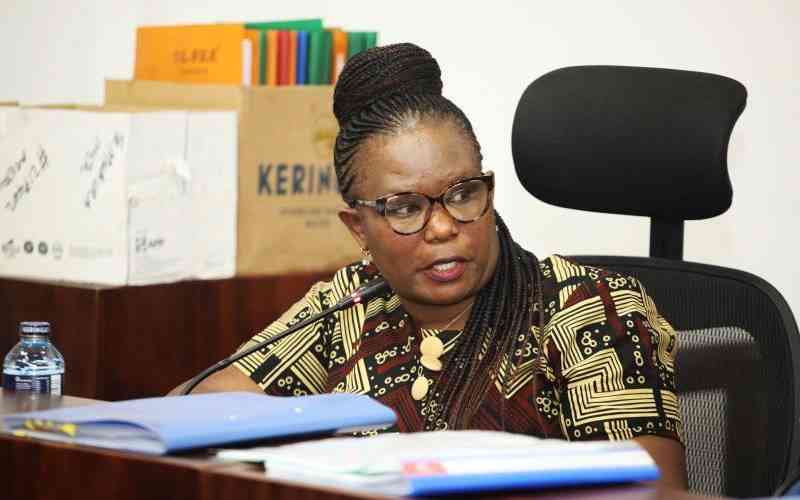The Ministry of Foreign and Diaspora Affairs has cautioned 12 Western missions over what it described as prescriptive comments on the planned June 25 protests.
The diplomatic note was addressed to the embassies and high commissions of Denmark, Finland, Germany, Norway, Switzerland, Sweden, the United States, Canada, Australia and the United Kingdom.
“The responsibility to protect the public, prevent violence and safeguard the peace lies squarely with the State and must be exercised with restraint, legality and care,” stated the ministry in a statement on Tuesday, June 24.
It acknowledged concerns about law enforcement but defended the country’s approach, saying operations are guided by the rule of law, judicial oversight and public accountability.
“Any violations, if established, are addressed through our institutions, including independent commissions, Parliament and the Judiciary,” the ministry noted.
This comes hours after a coalition of Western embassies in Nairobi issued a rare joint statement ahead of the June 25 anniversary of the 2024 #RejectFinanceBill protests. The envoys urged the government to uphold civic freedoms and avoid state-sponsored violence as fresh demonstrations approach.
Representing Germany, the Netherlands, Denmark, Ireland, Australia, Switzerland, Norway, Canada, the United Kingdom, the United States, Sweden and Finland, the diplomats called for accountability and restraint. They recalled the deadly outcome of last year’s protests, where dozens were killed and many others injured.
“We remember those who lost their lives and reaffirm every Kenyan’s right to peaceful assembly and to express themselves,” the statement reads.
They condemned the deployment of plain-clothed officers in unmarked vehicles and the infiltration of demonstrations by hired thugs. These tactics were widely criticised in 2024 and later ruled unlawful by the High Court.
“The use of plain-clothed officers in unmarked vehicles erodes public trust and was ruled unlawful by the High Court. We urge full compliance with this ruling,” the envoys said.
They added, “We are troubled by the use of hired ‘goons’ to infiltrate or disrupt peaceful gatherings,” calling such actions a threat to democratic space.
The statement urged prompt, independent investigations into violence against protestors, arguing that justice is essential to rebuilding institutional trust.
Diplomatic observers described the remarks as a veiled warning to the Ruto administration that the international community is watching closely.
In response, National Assembly Defence Committee Chairperson Nelson Koech warned against foreign interference in internal matters.
“In referring to ‘hired goons’ and covert operations, the joint statement treads dangerously close to adopting the language of activists and partisan actors,” said Koech.
Stay informed. Subscribe to our newsletter
He affirmed commitment to constitutional freedoms but noted the State’s duty to protect public order.
“Kenya remains firmly committed to upholding democratic principles, including the rights to peaceful assembly and freedom of expression, as enshrined in our Constitution,” he added.
“At the same time, the State is duty-bound to protect lives, property and national stability, especially when civic action risks being hijacked by criminal or violent elements.”
Koech said government actions are subject to oversight.
“These responsibilities are neither arbitrary nor unchecked. They are subject to scrutiny by our independent Judiciary, Parliament and civilian commissions,” he explained.
The ministry urged envoys to avoid rhetoric that could inflame tensions or distort the country’s governance context.
“At times such as these, narratives purveyed as truth must be vigilantly tested for objectivity and fairness lest they serve to perpetuate political polarisation and harm the social fabric,” it observed.
It reminded diplomats of their obligations under the Vienna Convention on Diplomatic Relations, which outlines the principles of mutual respect and non-interference between states.
“Diplomatic partnerships flourish best in mutual respect, open channels and a recognition of each other’s unique governance contexts,” the ministry explained.

























